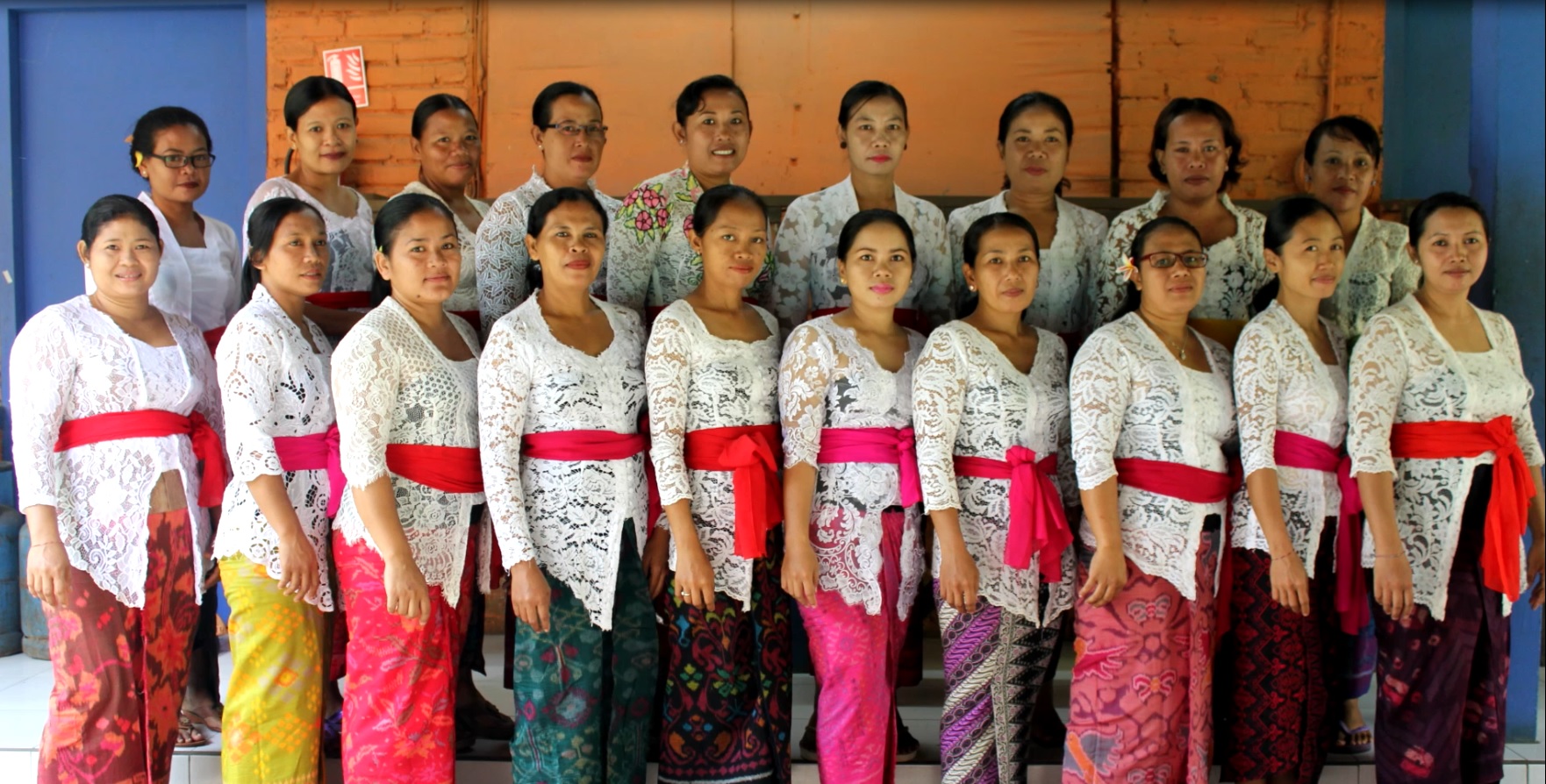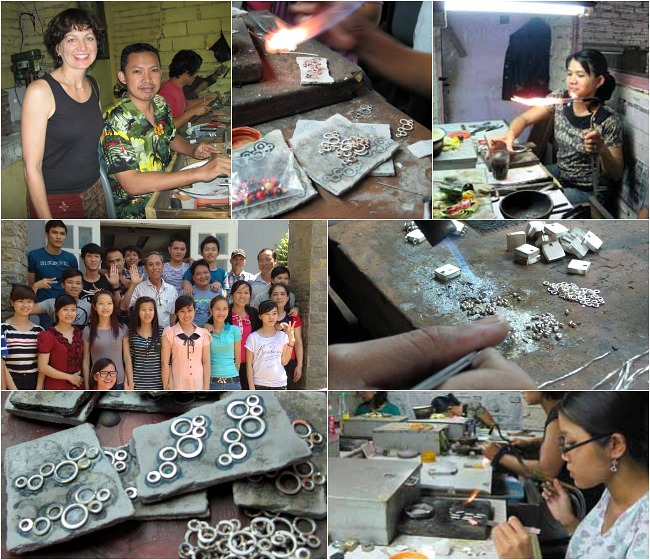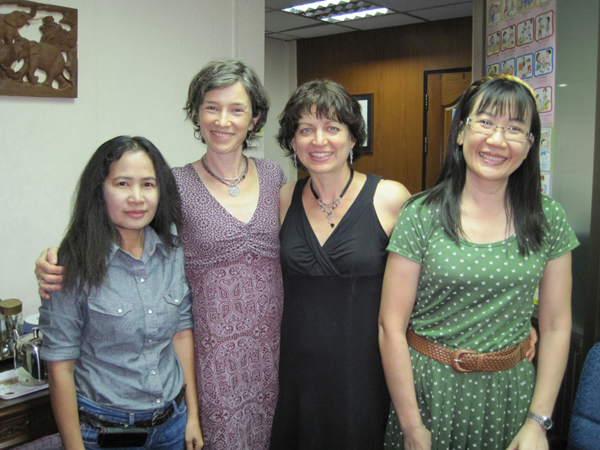Fair Trade

Equal Opportunity for women in production & management!
Our commitment to fair trade began long before there was a term for it. When I began my company, silverwork was bought and sold by the gram. If buyers struck a hard bargain, it was the labor cost that got cut and silversmiths were left with little or no pay. From the beginning, I negotiated fair prices for each style I commissioned, paying by the piece instead of by the gram. In return, the silversmiths gave me their best work, allowing me to build a brand known for its quality and consistency. As the company grew, we stayed true to our principals, expanding our commitment to fair pay to include benefits and equal pay and opportunities for women in management as well as production.
Bali, Indonesia
Our production facility in Indonesia focuses intensely on the development of human capital. All managers are promoted from within the company. Staff with potential are identified at an early stage and offered opportunities to learn new skills and take on more responsibilities. For example, the current IT officer was initially hired in the maintenance department but was quickly transferred when he showed aptitude and enthusiasm in computer skills. Likewise, a talented young silversmith rose to become production planning manager for the whole company. The director of design development joined the company nine years ago as an intern straight out of school.
We have an absolute commitment to equal rights for women. Fifty percent of managers at our production facility are women, a figure that is even more impressive in Indonesia than it would be in America. There is zero tolerance for sexual harassment in the work place. (Harassment can be a particularly difficult problem for divorced and widowed women in Balinese culture).
On average, our silversmiths in Bali earn double the government minimum wage. All employees receive an extra months wage as an end of year bonus. In addition, workers receive a food allowance for lunches. The company provides health care, with a doctor on call for staff medical needs. Through Bumi Sehat, expectant mothers receive education about prenatal care and safe deliveries. Mothers receive three months paid maternity leave or six months on half pay. Their hospital fees are also covered.
Other benefits include life insurance and pension fund contributions. Employees have a total of 25 paid days off for vacation and religious holidays. (There are Hindu, Muslim and Christian employees, with each taking different holidays according to their traditions). Additional unpaid leave is granted if needed. The standard workweek is 40 hours.

Thailand
We began working in Thailand in 2002. Since that time, our collection of Thai silver charms has expanded from a handful of items to hundreds. We select our suppliers based on the quality of their work and our confidence that they pay fair wages and provide other important benefits to their workers.
Thailand and Indonesia (where Bali is located) are the two largest economies in Southeast Asia but the people of Thailand enjoy a higher standard of living. When adjusted for purchasing power parity, the GDP per capita in Thailand is almost double that of Indonesia, though still far below the United States. The unemployment rate in Thailand in 2008 was only 2.1% (8.9% Indonesia, 9.7%USA) creating competition for skilled workers. The residents in Bangkok also have a higher standard of living than anywhere else in the country.
In keeping with a higher level of development, Thailand has substantial regulations for labor. The production facility adheres to rules handed down by the Tax Department, Factory Department, Labor Department and the Health and Environment Department. They pay a 5% payroll tax that covers health insurance, unemployment insurance, and retirement benefits. They also provide 16 paid holidays in addition to personal vacation time and three months of paid maternity leave. Entry level workers are paid well above minimum wage. Mid-level workers earn the equivalent of salaries at a four star hotel and experienced silversmiths earn about the same as a manager at a department store.

What About the Miners?
There are many regulations about the purchase and import of precious metals, which differ from country to country. Since we are not licensed importers, we have to purchase silver in the local markets where we produce our products. At this point, there is no way to trace which mines the silver comes from, which makes it impossible to trace the environmental and labor practices at a specific mine back to the silver we use for production. Hopefully that will change in the future!
Certification
Nina Designs has been practicing fair trade since our founding in 1983. Why aren’t we certified? In our experience, most Fair Trade organizations are set up to monitor worker collectives and don’t have a way to accommodate private companies with a strong interest in the social welfare of their employees. In addition, these organizations have steep annual fees. We believe the funds are better spent on benefits for our silversmiths than on administrative fees to an American organization

